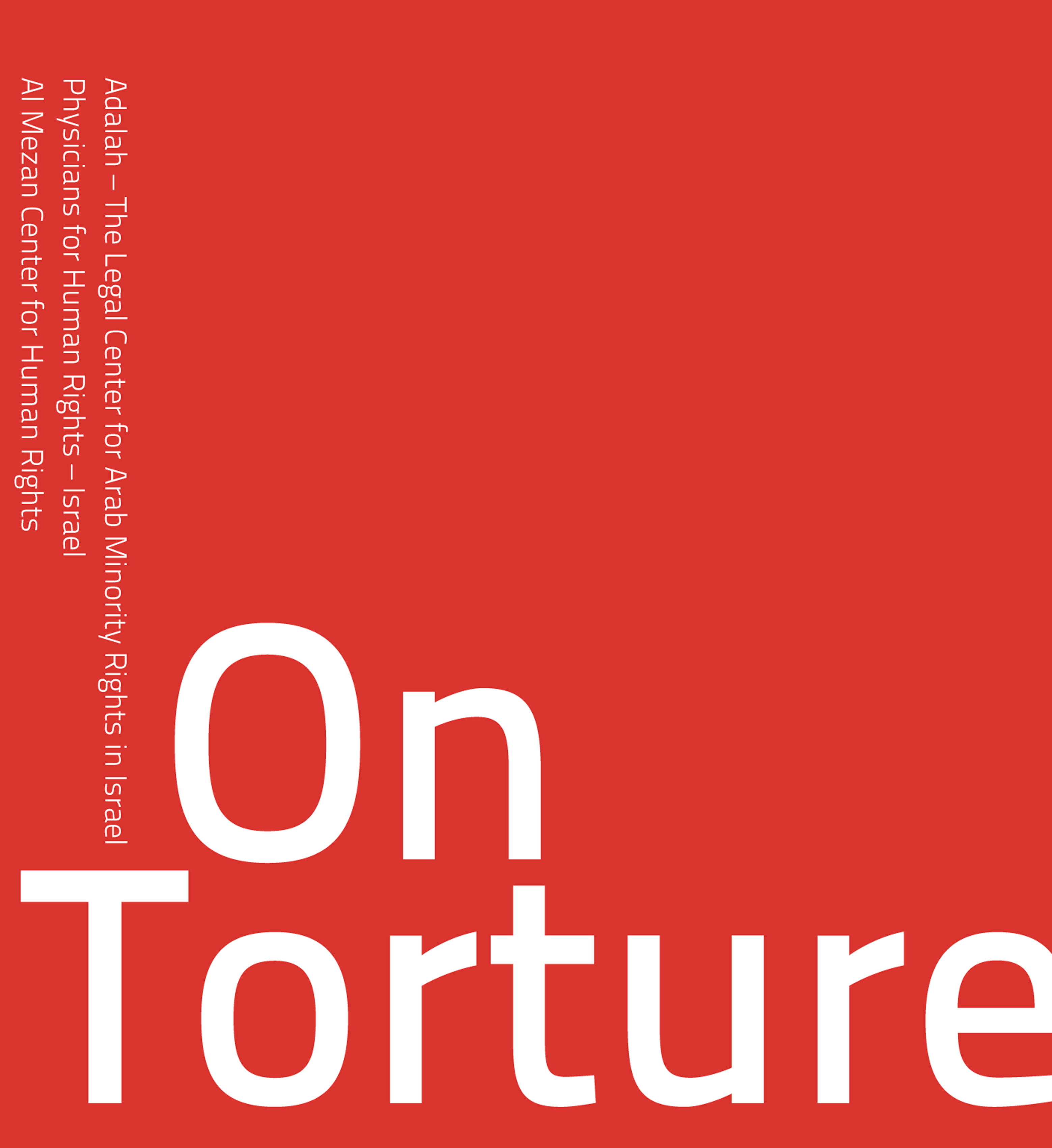Adalah and Addameer petition Nazareth District Court against policy of shackling hunger-striking prisoners to hospital beds
On 18 June 2014, Adalah and Addameer filed a petition to the Nazareth District Court against the policy of shackling Palestinian hunger-striking prisoners to their hospital beds 24 hours a day. The prisoners are in hospitals to receive treatment, and are being prohibited from using the bathroom according to their needs. Adalah and Addameer filed the petition to the District Court after the Israeli Supreme Court (SCT) declined to consider a similar petition, arguing that the prisoners’ issues fall under the jurisdiction of the District Court. The SCT ignored aspects of the initial petition that argued that serious harm was being done to the hunger-striking prisoners due to the shackling policy.
The organizations filed the petition on behalf of Abd el-Razek Faraj, a resident of Ramallah, who has been in administrative detention since February 2014. Since 1994, Faraj was placed under successive administrative detentions ranging from 8 to 52 months at a time. In total, Faraj has been in administrative detention for seven and a half years without trial or charges. In 4/14, Faraj began an open-ended hunger-strike with other Palestinian prisoners and detainees to demand the abolishment of Israel’s administrative detention policy and to demand the detainees’ immediate release. During the hunger strike, Faraj's health deteriorated and he has consequently been moved to the hospital several times. Faraj is currently being treated in the Afula hospital.
As with the other prisoners on hunger-strike, the Israel Prison Service (IPS) shackles Faraj to his hospital bed at all times for his entire stay at the hospital. During the day, they are handcuffed by their right leg to the bed; at night, they are handcuffed by both their right leg and their left arm to the bed. During one of Adalah’s visits to Faraj, he complained that the shackling was causing him severe pain and preventing him from making the simplest movements.
As a result of the handcuffing, the Palestinian prisoners cannot do simple tasks such as going to the bathroom. They are instead forced to wait until one of the prison guards arrives to unshackle and accompany them. When the prisoners do go to the bathroom, their hands and feet remain shackled with chains. Furthermore, when the prisoners are allowed to relieve themselves in the toilet or use the shower, the bathroom door remains open and under the surveillance of the wardens, removing any right to privacy.
During the late hours of the night, however, the prisoners are not allowed to enter the toilet at all because it is claimed that there are no prison guards to accompany them. The prisoners are drinking only water during their strike, which makes going to the bathroom a more frequent and vital need. Because of the shackling and restricted access to the bathroom, many of the prisoners said that they preferred to stay in jail rather than in the hospital, despite their health status.
Adalah Attorney Sawsan Zaher wrote in the petition that even at the time of writing, the number of hunger-striking prisoners who had been transferred to different hospitals had increased to 70 because of their deteriorating health status. She added that: "The shackling of prisoners in this manner prevents them from using the bathroom properly, which constitutes a grave breach of the constitutional rights of hunger-striking prisoners, especially their right to dignity, bodily integrity, liberty and privacy. The petition highlights that these practices and suffering constitute torture or cruel, inhuman and degrading treatment, which is internationally prohibited."
Adalah also argued that although the prisoners are under the auspices of the IPS, it does not mean that the responsibility of the hospitals and doctors in protecting the prisoners’ rights, especially their right to receive proper medical attention and their right to dignity, is absolved. It is also in accordance with Israeli law, various international conventions and charters of medical ethics, that the rights of the patient forbid doctors to participate or remain silent about punitive actions taken against any of the hospital patients.
Read more:
Adalah PR, “Ministry of Health dismisses responsibility for hunger-striking prisoners shackled to their hospital beds day and night,” 17 June 2014
Adalah’s actions during the Palestinian hunger-strike
Case Citation: PP 35172-06-14 El-Razek v. Israel Prison Service















